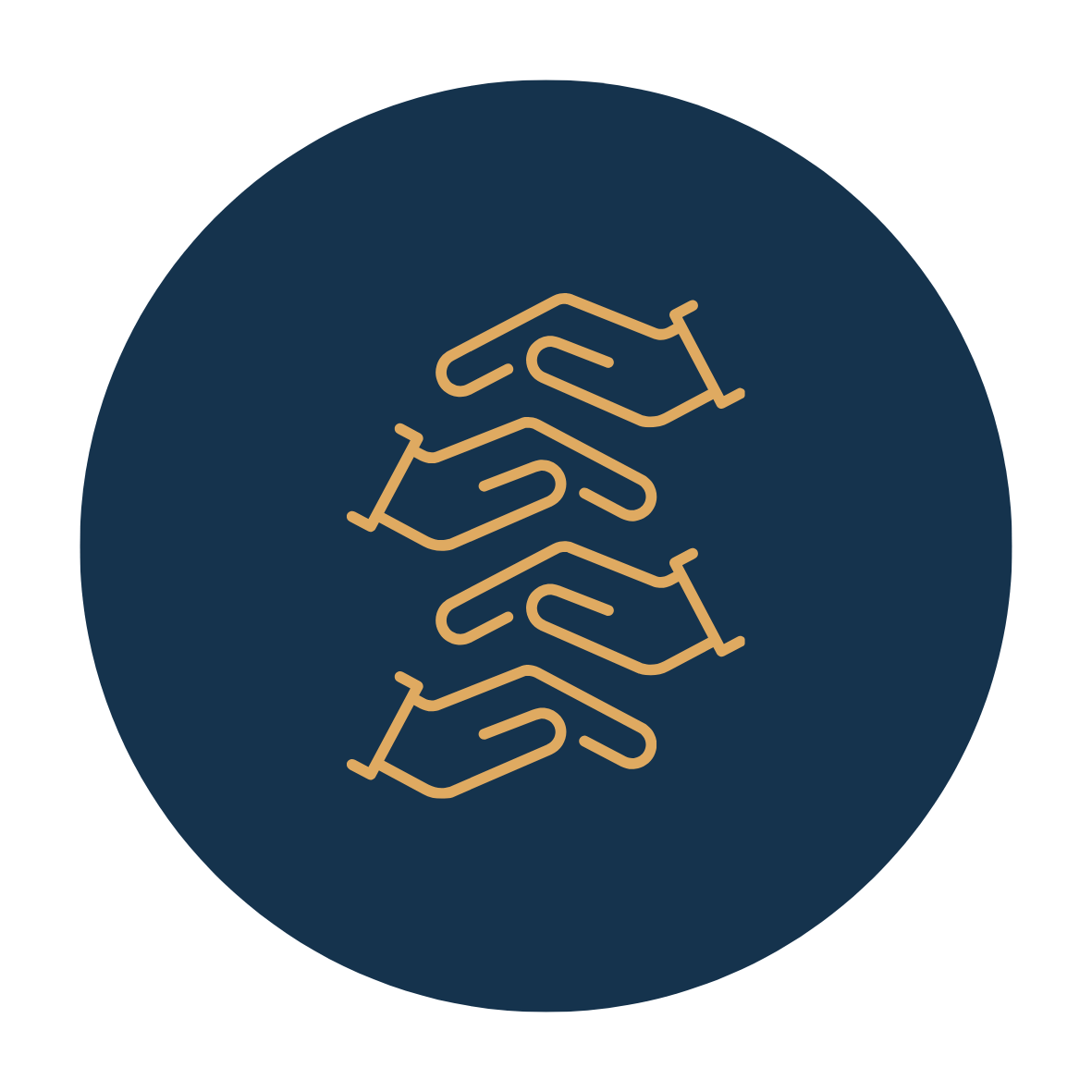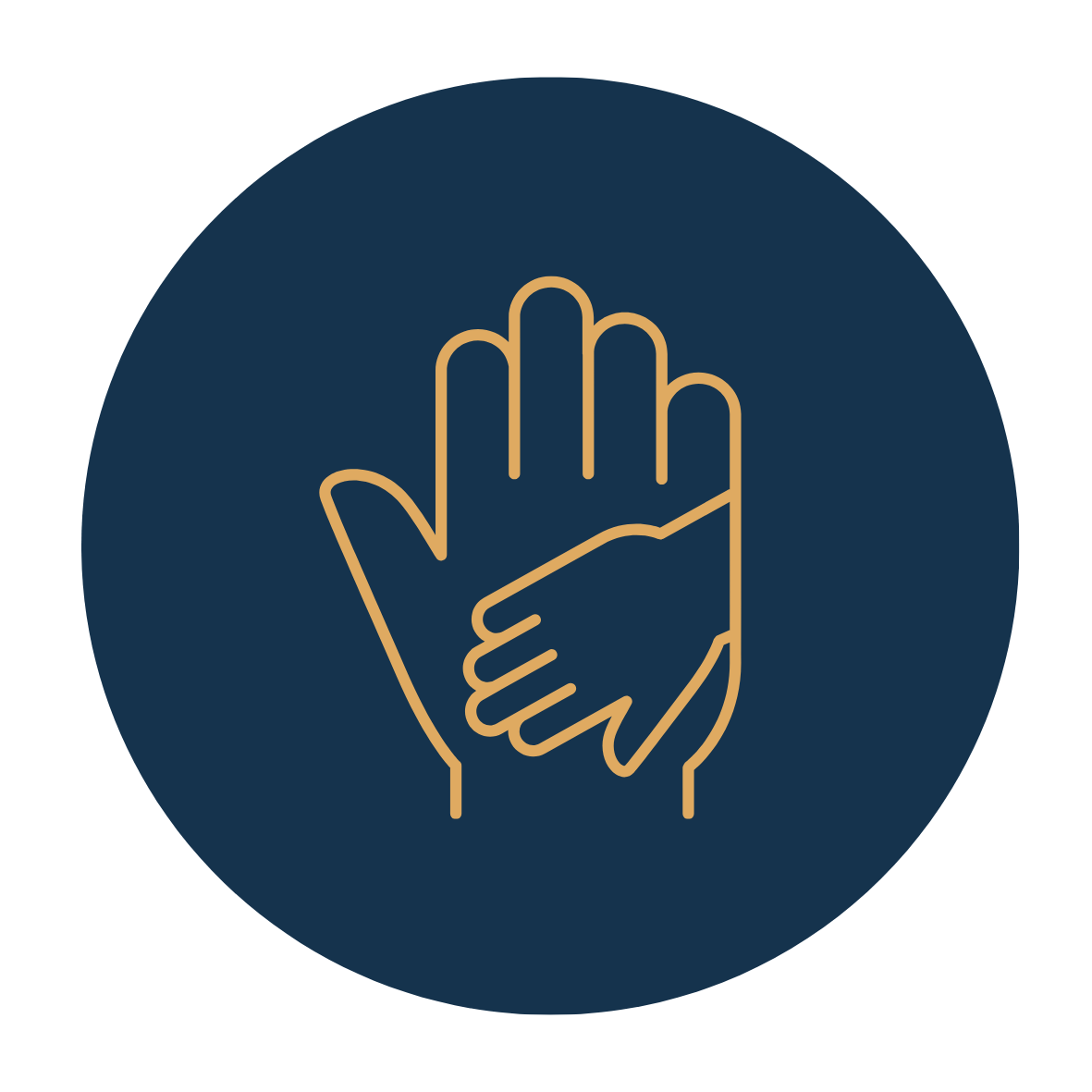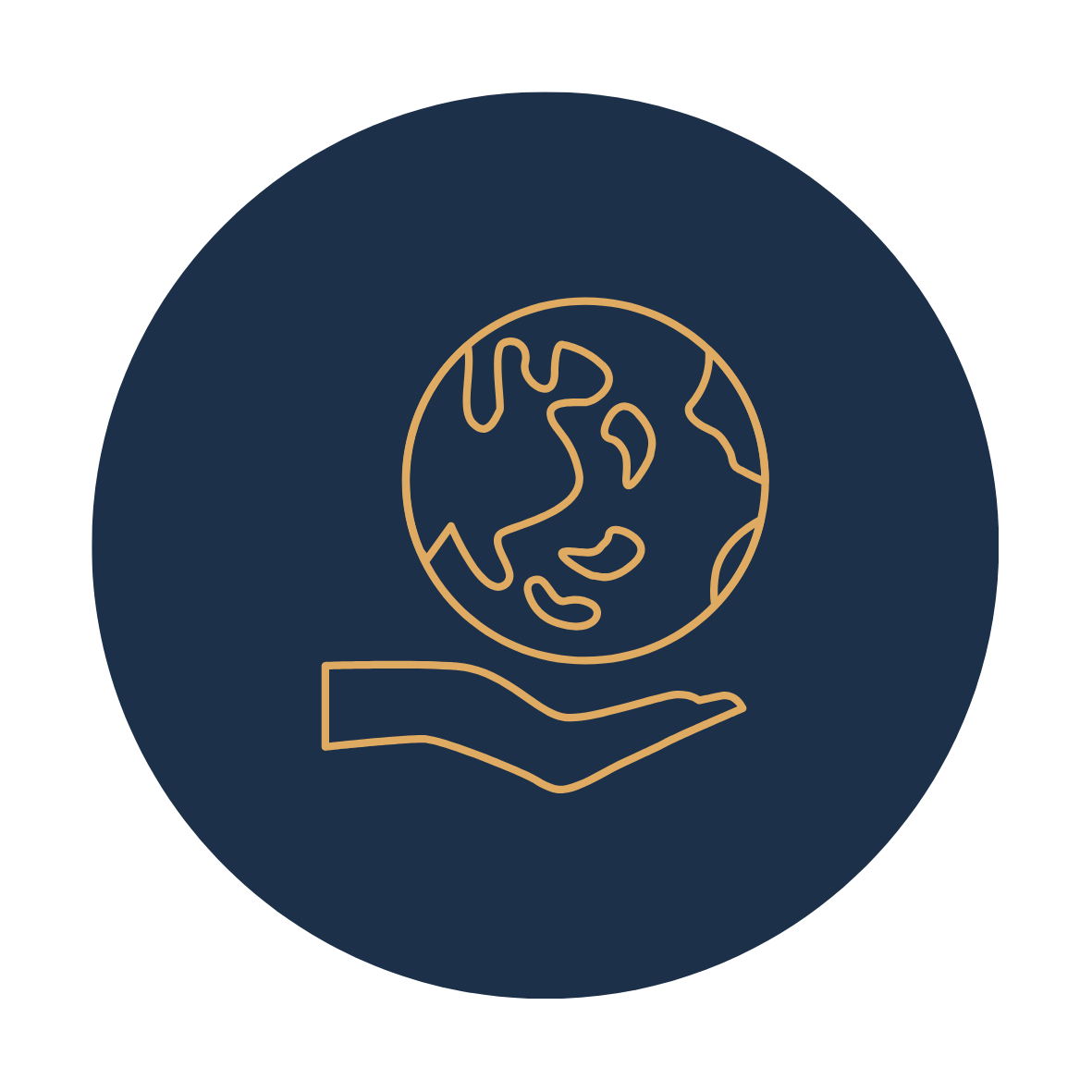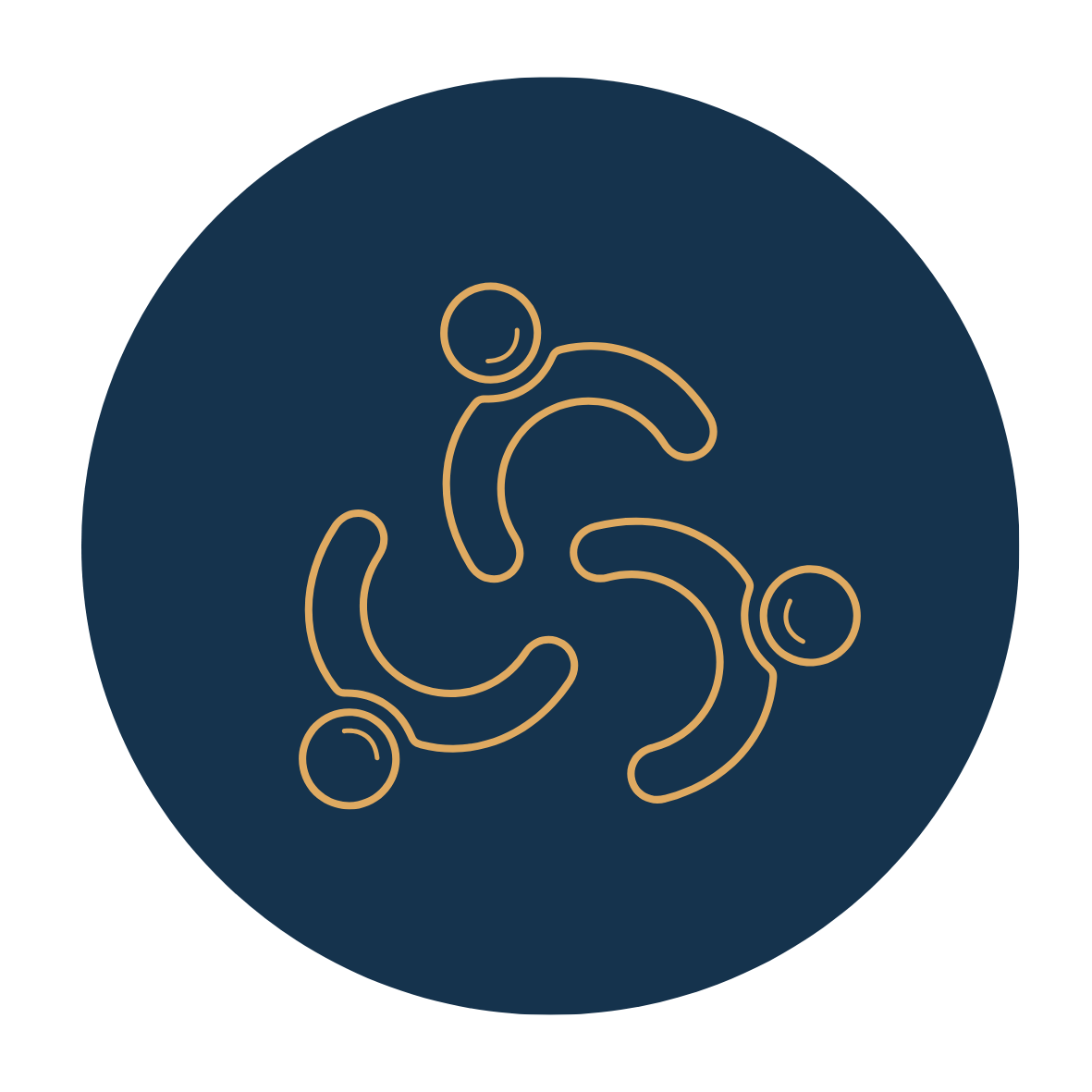Afternoon Sessions June 27th
“PROJECT DISCOVERING LANGUAGES OF PEACE”
PRESENTERS: JANA DAMJANOV – MONICA WESTBERG – MARIOLINA WERNER – MARGARIDA BELCHIOR
DATE AND TIME: 27th of June, Thursday 14:00-16:30
CONFERENCE TOPIC: Sociodrama and social healing – recovery from collective crises and collective trauma
TYPE: Action Symposium
ROOM:
NUMBER OF PARTICIPANTS: 50
TAGS: Social Healing, June27 Afternoon
ABSTRACT:
In this Symposium we will present the project “Discovering the Languages of Peace ” and the book that resulted from it. This project was funded by ERASMUS + Programm (EU). The methodological path chosen was based on the sociopsychodrama methodology and the participants were professionals that work with marginalized young people in countries from former Yugoslavia region (Croatia, Serbia, Montenegro, Slovenia, Bosnia-Herzgovina) and Scandinavia (Sweden, Denmark, Finland and Norway). This project lasted for one year in which we developed twelve online workshops in the form of 3 hour webinars and a 5 day Spring School in presence, at the University of Zadar (Croatia). The aim of the project was to contribute to the transformation of conflicted communities and societies, healing traumas and building long term peace by increasing the competencies of the professionals and practitioners.
Learning objectives:
to know more about sociopsychodrama and the theoretical framework underpinning it and
to learn more about the work of professionals working with discriminated and marginalized groups
References:
Damjanov, J., and Westberg, M. (Ed.) (2023). Discovering Languages of Peace – Handbook of Sociopsychodrama. University of Zadar. https://morepress.unizd.hr/books/index.php/press/catalog/view/106/112/1889
Galgóczi, K., Adderley, D., Belchior, M., Blasko, A., Damjanov, J., Maciel, M., Teszary, J., Werner, M., and Westberg, M. (Ed.) (2021). Sociodrama: the Art and Science of Social Change. L’Harmattan. http://sociodramanetwork.com/wp-content/uploads/2022/01/sociodrama_the_art_and_science_of_social_change_nyomdai.pdf
Giacomucci, S. (2021). Social Work, Sociometry, and Psychodrama, Experiential Approaches for Group Therapists, Community Leaders, and Social Workers. https://doi.org/10.1007/978-981-33-6342-7
Moreno, J. L. (1934). Who shall survive? (F. Books, Ed.). Forgotten Books. https://reflexus.org/wp-content/uploads/whoshallsurvive.pdf
Wiener, R., and Adderley, D. (2011). Sociodrama in a changing world. Lulu.
ABOUT THE PRESENTERS:
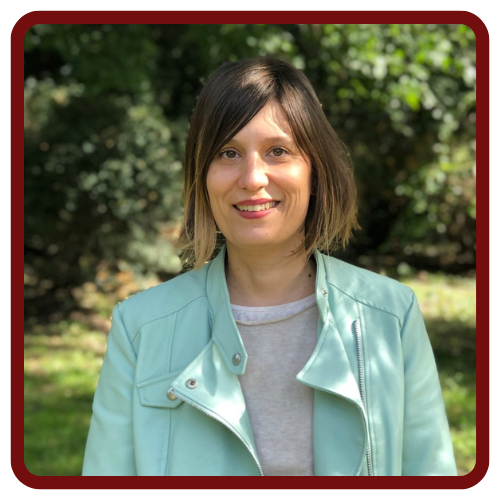
Jana Damjanov is MSc clinical psychologist, psychodrama and sociodrama trainer and supervisor, psychodrama psychotherapist. She has been applying sociopsychodrama in many different settings: education and training, evaluation, activism and psychotherapeutic work with groups. She has been using sociopsychodrama in the context of cultural and collective trauma, working in Western Balkans countries. She has written several chapters about sociopsychodrama in different books. She is mostly active in teaching people how to apply sociopsychodrama in different contexts in working with groups and individuals for the last 15 years.

Monica Westberg is a co-founder of FEPTO, the Swedish Psychodrama Foundation, and the Norwegian Psychodrama School. Her certification includes a BA in Pedagogy of Children and Gender and a Certificate of Directorship from the Moreno Institute (USA). She has been for many years a trainer, counsellor and supervisor at international level in psycho and sociodrama, in domains as social care, mental health care, education and business. She is experienced in working with refugee children and women in Sweden and in Norway, and actively networks with colleagues in Scandinavia, Europe and Argentina.
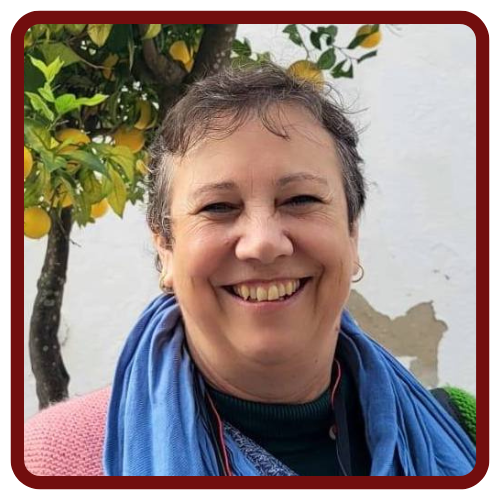
Margarida Belchior is a teacher, researcher and sociodramatist. She started her Sociodrama training in 2011 (SPP). She organized teachers Sociodrama training; was the leading person, in Portugal, for the PERFORMERS project (ERASMUS) and author in the books which resulted from this project. She created the project Public Sociodrama with Art and led Sociodrama workshops in international settings, like the 6th and 7th International Sociodrama Conference. She is part of TELE’Drama Team and is finishing her Post-Doctorate in Inclusion and Expressive Pedagogies, teaching, and doing research in Education at Lusófona University.

Mariolina Werner Guarino is part of the Swedish Psykodrama Akademin and the Swedish Association of Psychodramatists. As psychology teacher, psychodramatist, sociodramatist and sociodrama trainer, she works in schools and institutes, and with supervision. She has worked with psychodrama and sociodrama groups since 1999, offering students and teachers regular psychodrama and sociodrama courses for personal development, integration and creative reflection on social themes. She works for the National Agency for Upper Education introducing sociopsychodrama in curricula. She published in the frame European Erasmus+ Project which ended in 2021.
GROUP WORK IN THE MAGNETIC FIELDS OF POWER.
FROM NEUTRALITY TO ADVOCACY
PRESENTERS: ÉVA LŐRINCZ – JUDITH TESZÁRY
FROM NEUTRALITY TO ADVOCACY
DATE AND TIME: 27th of June, Thursday 14:00-16:30
CONFERENCE TOPIC: Sociodrama and power – the future of democratic values
TYPE: Workshop
ROOM:
NUMBER OF PARTICIPANTS: 50
TAGS: Sociodrama and Power, June27 Afternoon
ABSTRACT:
Whether we live in wealthy societies or countries suffering from poverty or inhabit modern democracies or 21st-century populist oligarchies, our work with groups always occurs within the magnetic fields of power. Power systems, including governance, politics, policies, institutions, cultural norms, and practices, pervade our groups and permeate our inner reality as group facilitators. We operate within these magnetic fields of power, which generate voltage and charge the group and ourselves.
In this workshop, we will employ sociodrama as a tool for exploring suitable roles in facilitating group work when confronted with various manifestations of power, such as war, climate catastrophes, global exploitation, social injustices, flawed policies, oppressive organisational procedures, autocratic regimes, populism, discrimination, segregation, and more.
How can we evolve beyond the traditional, neutral, all-knowing narrator role and align our group facilitator role with responsible, participative citizens committed to values and actions? How can we foster an open space for diverse viewpoints without losing our consistency yet still be able to form or change our beliefs when adequate in the group process?
ABOUT THE PRESENTERS:

Eva Lőrincz has been working with psychodrama for almost twenty years now, and during a short break in her group work, she participated in the first Hungarian sociodrama training group and became an Assistant Sociodrama Group Leader. She has been using dramatic methods in many different areas of society: at NGOs, in the field of politics, in vulnerable communities, among environmental activists, etc.

Judith Teszáry is a psychologist, psychodrama and sociodrama trainer supervisor, and international lecturer. She has been trained by Zerka Moreno at the Moreno Institute, Beacon, New York. She is a founding member of FEPTO (Federation of European Psychodrama Training Organisations) and was president for six years (2002-2008). She received a life achievement award. She is a member of the Task Force for Peace and Conflict Transformation group using the method of Sociodrama in conflict areas, helping the helpers to elaborate traumatic experiences, for example, after the Maidan revolution in Kyiv. Running two Ukrainian support/therapy groups. She has worked with psychosomatic patients, using psychosociodrama in a research and treatment project at the Karolinska Institute, Stress Research Department in Stockholm. She worked as a psychologist in foster care at Stockholm City Social Department. She trained social workers using sociodramatic methods. She is the chair of the Swedish Association of Psychodramatists.
She is involved in a project as a socio-psychodrama director concerning Romani women’s experiences in Hungarian health care. She has used sociodrama to train Union leaders in the Swedish Industry Union and healthcare personnel in conflict management courses for ten years. She has been the professional supervisor and international coordinator of P.E.R.F.O.R.M.E.R.S, an Erasmus + project in Sociodrama. She had been a trainer and supervisor in the first sociodrama pilot training in Hungary within the Hungarian Psychodrama Association (MPE)
She led the first sociodrama pilot training in Kairo, Egypt. She started a complete training program in Sociodrama in September 2023 at the Rakhawy Institute for Training and Research in Kairo.
MAKING SAFE SPACE AND TRANSFORMATION THROUGH DRAMA IN INSTITUTIONS
WORKING WITH VULNERABLE YOUNG PEOPLE
PRESENTERS: SCOPE MEMBERS
WORKING WITH VULNERABLE YOUNG PEOPLE
DATE AND TIME: 27th of June, Thursday 14:00-16:30
CONFERENCE TOPIC: Sociodrama and Youth – raising the next generation: sociodrama of children and young people, and the professionals and institutions working with them
TYPE: Workshop
ROOM:
NUMBER OF PARTICIPANTS:
TAGS: Sociodrama and Youth, June27 Afternoon
ABSTRACT:
During the PERFORMERS international sociodrama project, which took place from 2017 to 2022 under the auspices of the Hungarian Psychodrama Association, a distinct sociodrama methodology was developed in collaboration with institutions dedicated to serving disadvantaged children and youth. Since 2022, we have continually refined and disseminated this approach in various settings, including schools, children’s care homes, correctional facilities, family shelters, and educational support centers. This methodology represents a unified, trauma-informed group approach that integrates elements from sociodrama and child psychodrama, tailored to the specific needs and contexts of each institution.
In 2022, our team transitioned to the Scope Institutional Sociodrama Working Group (known as Hatókör Műhely in Hungarian), evolving into an independent, interdisciplinary collective of Hungarian professionals utilizing sociodrama to positively impact institutions and to create a safe and supportive atmosphere within educational, social care and child care settings.
During our sessions, participants will gain firsthand experience with our child-sociodrama method, witnessing how we facilitate group dynamics and cultivate an environment conducive to fostering the holistic growth of vulnerable young people.
ABOUT THE PRESENTERS:

INTERVIEW WITH THE EARTH –
RAISING AWARENESS OF SUSTAINABLE ENVIRONMENTAL CONNECTION THROUGH SOCIODRAMA, ECO-PSYCHOLOGY AND ARTS
PRESENTERS: ATTILA DONÁTH – ENIKŐ FAZAKAS – DÉNES MARÓTI – BEÁTA SOMOGYI – ANDREA SZENDREI – ATTILA TURBA
RAISING AWARENESS OF SUSTAINABLE ENVIRONMENTAL CONNECTION THROUGH SOCIODRAMA, ECO-PSYCHOLOGY AND ARTS
DATE AND TIME: 27th of June, Thursday 14:00-16:30
CONFERENCE TOPIC: Sociodrama and ecology – environmental issues and relationships between organisms, including humans, and their living context
TYPE: Workshop
ROOM: Outdoor Program
NUMBER OF PARTICIPANTS: 35
TAGS: Sociodrama and Ecology, June27 Afternoon
ABSTRACT:
In this workshop, we will present the programme developed in the framework of the Erasmus+ project “Interview with the Earth”, which was designed to deepen the connection between nature and humans. In this programme, we have combined methods from the fields of sociodrama, ecopsychology, land art and Playback Theatre to provide an action-oriented and inspiring experience that fosters a deeper connection and awareness of nature among participants.
Workshop participants will be active participants in a process of exploring new aspects of the relationship between nature and humans through a combination of four distinct but interconnected methodological approaches.
The aim of our workshop is to show how combining human sensitivity, creativity and interaction with nature can provide new opportunities for connecting with nature and environmental awareness.
The workshop is practical and participation-oriented.
ABOUT THE PRESENTERS:
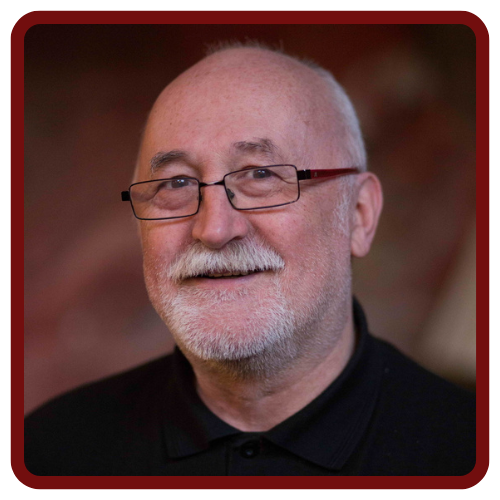
Attila Donáth: completed his psychodrama training in the early ’90s. He has been working for over thirty years as a consultant, organizational developer, trainer, supervisor, coach, and community social worker.
In his work, he integrates sociodrama as a method, which he applies widely in various fields.
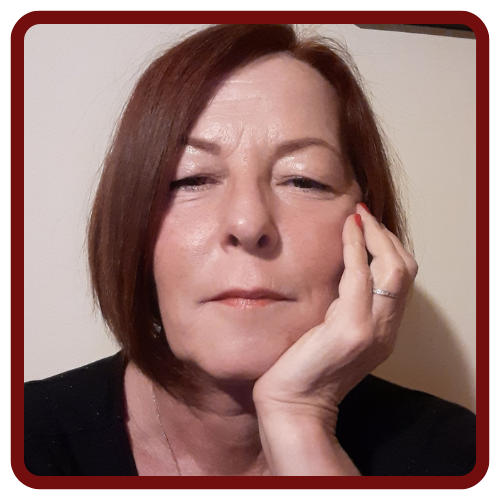
Enikő Fazakas: is a clinical psychologist and psychotherapist, member of J.L. Moreno Psychodrama Association in Romania. She completed her training in psychodrama methodology from 2009 to 2015, and obtained her psychodrama therapist title in 2017. In her professional practice, she integrates psychodrama, sociodrama, and playback theater. She works in private practice settings, offering individual therapy, and leads self-awareness groups using monodrama and psychodrama techniques. In 2014, she founded the non-profit organization Panta Rhei, where she implements adult education Erasmus+ projects using sociodrama and Playback Theater methodologies.
VOICES OF ETHNICITIES
PRESENTERS: OLENA STUPAK – OLENA KUCHYNSKA
DATE AND TIME: 27th of June, Thursday 14:00-16:30
CONFERENCE TOPIC: Sociodrama and social healing – recovery from collective crises and collective trauma
TYPE: Workshop
ROOM:
NUMBER OF PARTICIPANTS: Any
TAGS: Social Healing, June27 Afternoon
ABSTRACT:
The trauma of war has stirred up in Ukrainians the mechanisms of struggle for life that were not manifested in peaceful conditions. During March-April 2022, two phenomena could be observed in Ukrainian society that clearly reflected the social and cultural nature of the survival mechanism of a nation threatened with extinction:
- Consolidation. It is the process of the mass emergence of groups based on the criteria of “one turns to another” and “action for resistance”. People are uniting to purchase supplies and equipment for the army, to help the wounded, victims, evacuees, to weave protective nets, etc;
- The creative explosion of an artistic product. It is seen as a folk heritage passed down by ancestors and awakened by descendants. Nowadays, we hear a lot of folk songs, fairy tales, myths in our everyday life, and our clothes are enriched with forgotten ornaments.
Contemporary art is also rapidly gaining momentum, leaving a memory of the sensual experience of this struggle.
We believe that these phenomena are universal, and in situations of threat, every nation and ethnic group relies on its deepest culture, narratives and myths.
The power of life and the power of unity lies in having an effective contact with the origins of one’s culture and seeing the strength of other nations and ethnic groups at any time. In the sociodrama, we will explore the origins of the cultures of different nations, looking for points of contact and unity through the language of creativity.
In the workshop art-therapeutic tools will be used. Participants will be able to identify the cultural characteristics of their own ethnic group, see similarities and differences in other groups.
ABOUT THE PRESENTERS:
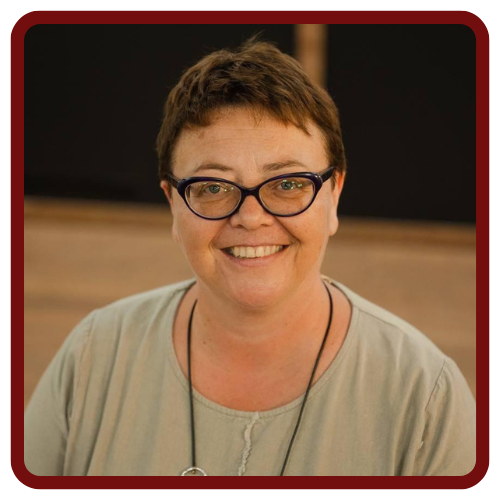
Olena Stupak – Ukrainian Union of Psychotherapists (USP), Ukrainian Umbrella Association Psychotherapist (UUAP).
Head of the psychodrama section of the Ukrainian Union of Psychotherapists (USP). Ukrainian Umbrella Association Psychotherapist (UUAP). Registered psychodrama therapist of the Ukrainian Union of Psychotherapists (according to the standards of the European Association for Psychotherapy), Teacher at the Ukrainian Psychotherapy University.
Leading group using the Sociodrama method in various fields: study group with psychodramas, work with participants of the Revolution of Dignity, sociodrama studies for social workers of state bodies, demonstration master classes at conferences, etc.
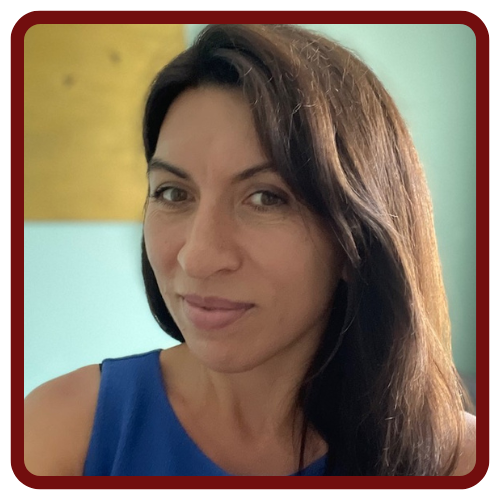
Olena Kuchynska – Psychodrama therapist (Norwegian Moreno Institute certification), private therapeutic practice.
Psychodrama therapist, Trainer certified to conduct social and psychological trainings, sociodrama and psychodrama group leader.
Leader of trainings using the Sociodrama method in various fields: social and psychological trainings for business, holding support groups for teachers, teenagers in rehabilitation centers.
THE USE OF SOCIODRAMA TO BRING HUMANNESS IN ORGANIZATIONAL LIFE —
EMOTIONAL INTELLIGENCE FOR FLOURISHING ORGANIZATIONS
PRESENTER: RASHMI DATT
EMOTIONAL INTELLIGENCE FOR FLOURISHING ORGANIZATIONS
DATE AND TIME: 27th of June, Thursday 14:00-16:30
CONFERENCE TOPIC: Sociodrama and organisational development, team coaching and training
TYPE: Workshop
ROOM:
NUMBER OF PARTICIPANTS: 20
TAGS: Organisational Development, June27 Afternoon
ABSTRACT:
Learning Objectives:
After the session participants will be able to:
• Become aware of their responses to tense, frustrating situations at the workplace; and explore alternative responses to such situations at an individual level.
• Apply sociodramatic techniques in organizational context— building a humane organisation-for team coaching, leadership development and training.
Methodology:
. Through a warm-up, director listens for themes (universal ideas and issues) that tie the stories together;
• Director helps group choose the action frame
• Group-centered sociodrama is played out
• Closure: Members are helped return to cognitive frame; and discuss opportunity to plan new behaviours (plan/discuss how they will act in a specific future situation)
Theory and basis:
Sociodrama is a social learning activity based in a group setting.
Wiener and Sprague have emphasized sociodrama as a method for learning in addition to) social change.
It helps in:
• an improved understanding of a social (organizational or group) situation
• an increase in participants’ knowledge about their own and other people’s roles in relation to that situation
• an emotional release or catharsis as people express their feelings about the subject”
This approach can be good for developing insight, team building and role training. It allows group members to bond, and provides a safe way to share material.
Bibliography:
Sternburg, P. & Garcia, A. (1989). Sociodrama: Who’s in Your Shoes? Praeger Publishers, New York.
Dayton, T. (2005) The Living Stage; a step-by-step guide to psychodrama, sociometry and experiental group therapy. Deerfield Beach, FL: Health Communications, Inc.
Galgoczi K, Adderley D, Balsko A, Belchior M, et al (2021) Sociodrama: The Art and Science of Social Change. L’Harmattan.
Wiener R, Adderley D, Kirk K. Sociodrama in a Changing World .Lulu.com
Wiener R. Creative Training. Sociodrama and Team Building.
ABOUT THE PRESENTER:

Rashmi is an international Organisation Development consultant and coach, helping teams and individuals become resilient, responsive and vibrant.
She started her consulting practice in 1993 after working with Pfizer for 8 years, and has over 30 years experience. Her intervention is through action methods based on psychodrama, sociodrama and sociometry. She brings the “whole system into the room” to bring renewal in the organization.
She is the CEO of Vedadrama, which provides training for those who wish to pursue a certification in Psychodrama.
She is a PCC Coach certified by ICF.
“WHERE IS THE TUNNEL CONNECTING PSYCHODRAMA AND SOCIODRAMA, DOCTOR MORENO?”
PRESENTER: SÉRGIO GUIMARAES
DATE AND TIME: 27th of June, Thursday 14:00-16:30
CONFERENCE TOPIC: Sociodrama and more – Widening the scope of sociodrama: related fields, methodological exploration
TYPE: Workshop
ROOM:
NUMBER OF PARTICIPANTS: Any
TAGS: Sociodrama and more, June27 Afternoon
ABSTRACT:
Despite the creator of modern psychodrama being very clear about the inseparable conceptual relationship between psychodrama and sociodrama in the 1946 first volume of his Psychodrama, the practice of treating them in isolation is noticeably still dominant almost 80 years later.
What J. L. Moreno wrote in section VIII, dedicated to Sociodrama, leaves no doubt about it. “As soon as the individuals are treated as collective representatives of community roles and role relations and not as to their private roles and role relations, the psychodrama turns into a ‘socio-psychodrama’ or short, sociodrama”.
Unfortunately, even international congresses and conferences tend to handle this phenomenon as if these two poles were independent. This issue should also be discussed.
During this workshop, we will have the opportunity to practice how to move from the private roles of a specific psychodrama – suggested by the participants after an improvised warm-up – to a real sociodrama. What is expected is that, after the concrete experience, participants will be able to (a) understand the basic difference between “private”, individual roles and collective ones; and (b) how to “go through the tunnel” connecting psychodrama and sociodrama, allowing us to be treated as representatives of community roles.
ABOUT THE PRESENTER:
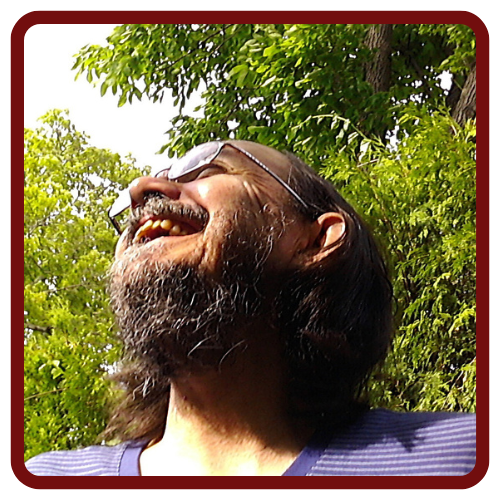
Sergio Guimaraes (1951) is a Brazilian psychodramatist and trainer in sociopsychodrama, trained by Zerka T. Moreno. He holds a doctorate in Psychology from Buenos Aires University. Sergio has directed and produced so far more than 300 psychodrama videos at YouTube, 31 of them with Zerka. Recipient of the Zerka T. Moreno Award (2018) given by the American Society of Group Psychotherapy and Psychodrama (ASGPP). In addition to two books on psychodrama published in Brazil, he is the co-author of six books on education with Paulo Freire, patron of Brazilian education.
CREATING A SOCIODRAMATIC FORCE FIELD:
EMPOWERED TO CONFRONT PERSECUTORS
PRESENTERS: COURTNEY MEADOWS – REGINA SEWELL
EMPOWERED TO CONFRONT PERSECUTORS
DATE AND TIME: 27th of June, Thursday 14:00-16:30
CONFERENCE TOPIC: Sociodrama and the development of creative collectives – local and transnational sociodramatic communities and networks
TYPE: Workshop
ROOM:
NUMBER OF PARTICIPANTS: 35
TAGS: Creative Collectives, June27 Afternoon
ABSTRACT:
Our nervous systems can be overwhelmed by threats to our physical and psychological safety. How can we transform from victimhood to empowered survivorship? This workshop will explore somatic (bottom-up) and relational (top-down) approaches for resourcing through a combination of mindfulness and nonviolent communication practices. Participants will co-create a sociodrama with these resources, considering how they may be experienced within interactions of the drama triangle roles: victim/survivor, rescuer, and persecutor.
Learning Objectives
By participating in this workshop, participants will be able to:
● Identify two resources for creating physical and psychological safety.
● Experience each role in the drama triangle.
ABOUT THE PRESENTERS:

Courtney Meadows, LCSW, RDT is a licensed clinical social worker and registered drama therapist. She has experience bringing psychodrama and sociodramatic methods into working with children, adolescents, and adult survivors of complex trauma and domestic violence. Courtney brings over 20 years of community theatre experience into her practice and is passionate about protecting playfulness at every age. Courtney is on the executive council for the American Society for Group Psychotherapy and Psychodrama, is active in community organizing initiatives, and her faith community.
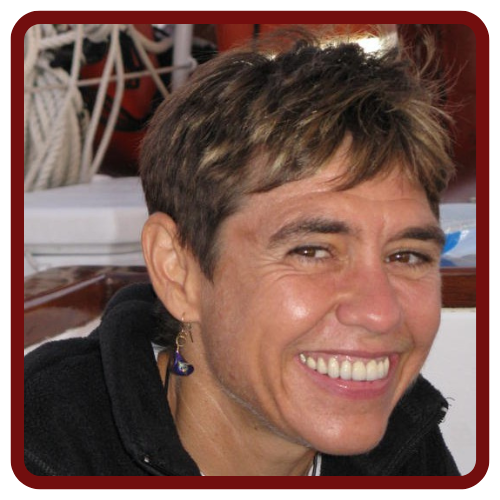
Regina Sewell, LMHC, PCC, CP, PAT / PhD (Sociology) is a licensed counselor and CP and PAT who has been using psychodrama with clients and in groups since 2004 and Sociodrama in sociology classes since 2005. Regina is the Secretary of the ASGPP and is on faculty with the Hudson Valley Psychodrama Institute.
GROUPS, CONNECTORS OR DIVIDERS?
PRESENTERS: MALI RAZ – AYALA KRIZEL
DATE AND TIME: 27th of June, Thursday 14:00-16:30
CONFERENCE TOPIC: Sociodrama and different social groups – the strenghts of communities
TYPE: Workshop
ROOM:
NUMBER OF PARTICIPANTS: 20
TAGS: Different Social Groups, June27 Afternoon
ABSTRACT:
As therapists and group leaders, we usually amplify the advantages of being a part of a group. That is because we know the profound processes that groups allow an individual and a community to go through. A group is considered a master tool for achieving a desired change.
But what happens between different groups? Europe and the entire world are experiencing an enormous wave of clashes between groups on political, religious and racial grounds. The impact of these clashes is experienced like a tsunami that everyone can feel in their own country or community.
In this workshop, we will bring forth this concept that groups can bring us together but also tear us apart. We will bring forth different kinds of encounters and role reversals to allow the participants to experience themselves in positions that constantly change as does our reality these days.
By using sociometric tools such as spectrogram and sociogram, we will try to follow J.L Moreno’s footsteps in order to actively understand how we can harness the power of groups in orders to make good, to connect rather than divide. In order to do so we will need to arouse spontaneity and creativity because as Moreno says, ‘the problem is how to elicit from every man his maximum spontaneous participation so that we can lay bare the fundamental structures between persons and between persons and objects’ (Moreno, J.L, Sociometry 1, pp 206, 1937).
During this session participants will experience firsthand the warm embrace that groups can give, as well as the dangers they can cause to an individual and a community.
Hopefully, after the workshop, participants will be able to better identify harmful processes between groups and, as group leaders and therapists, allow a dialogue that connects between different individuals and societies.
ABOUT THE PRESENTERS:
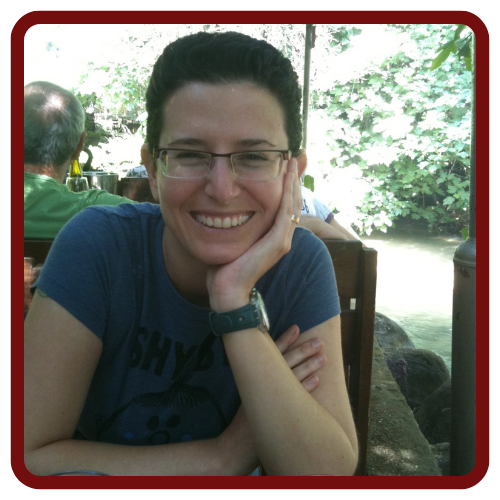
Ayala Krizel
Psychodramatist M.A Haifa University
Jungian psychotherapist
Kfar Shaul psychiatric hospital, Amitim- rehabilitation for mental health patients in the community, private practice for groups and individual patients.
Supervisor and Trainer – Haifa University, Haifa, Israel.
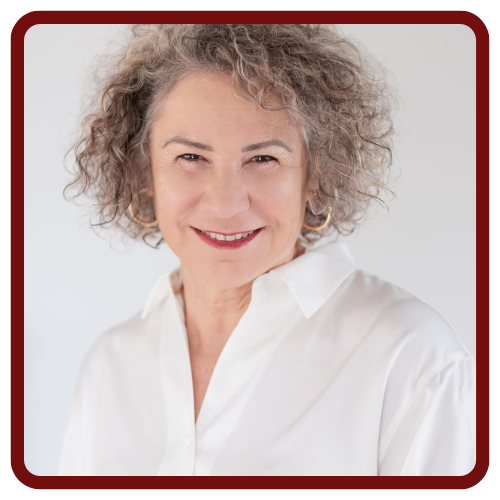
Mali Raz
M.A. Haifa university
Jungian Therapist
Psychodrama Therapist – Youth ward, psychiatric hospital “Maale Hacarmel”, Haifa, and in Israeli-Arab schools in Jiser Azarka and Furadis.
Specialist in treatment of stress situations.
Supervisor and Trainer – Haifa University, Haifa, Israel.
PSYCHOSOCIODRAMA – CULTURE AND ROLE RELATIONSHIP FOR WORLD’S PROBLEMS.
HOW RESPONSIBLE AM I FOR THE WORLD’S PROBLEMS? WHAT SHOULD I DO?
PRESENTER: DENIZ ALTINAY
HOW RESPONSIBLE AM I FOR THE WORLD’S PROBLEMS? WHAT SHOULD I DO?
DATE AND TIME: 27th of June, Thursday 14:00-16:30
CONFERENCE TOPIC: Sociodrama and the development of creative collectives – local and transnational sociodramatic communities and networks
TYPE: Workshop
ROOM:
NUMBER OF PARTICIPANTS: 50
TAGS: Creative Collectives, June27 Afternoon
ABSTRACT:
Sociatry, the science of social healing. (J.L. Moreno, 1955, p. 88)
Moreno’s sociatry is created to address and heal large groups and societal issues. The sociatric understanding forms the foundations and rationale of sociodrama.
It is from “sociatry,” a pathological counterpart of such a science [sociometry] that knowledge can be derived as to the abnormal organization of groups, the diagnosis and prognosis, prophylaxis, and control of deviate group behavior. (J.L. Moreno, 1946, p. 251-252)
The mental health of an individual is closely connected to the mental health of the society they live in, and vice versa. Changing the structure of society is dependent on cultural change. Changing culture, in turn, is possible through role transformation. The collective component of the role is in interaction with its personal component as well. How can a New Vision for a Collective Future be created?
Sociodrama, the dramatic deep action method, which deals with inter-group relations and collective ideologies. (J.L. Moreno, 1943b, p. 331)
In this workshop, while exploring the rationale of the new society through sociodrama, the importance of individuals’ roles will also be addressed. Therefore, the term “Psychosociodrama” might be more appropriate.
References:
Moreno, J.L. (1955) First Note on the Sociometric System. Sociometry. 18. p.88-89)
Moreno, J.L. (1946), Psychodrama and Group Psychotherapy, Sociometry, p.249-253
Moreno, J.L. (1943b) Sociometry and the Cultural Order, Sociometry. 6, p.299-3
ABOUT THE PRESENTER:
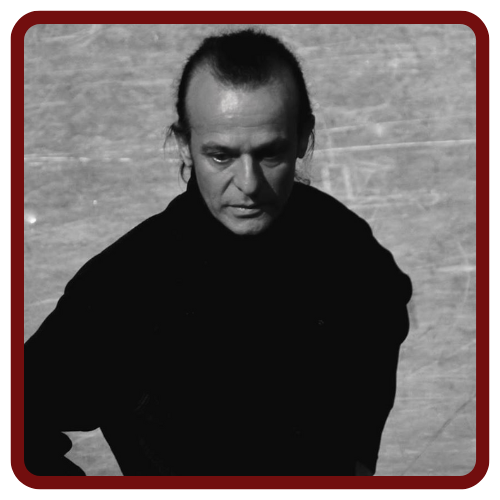
Deniz Altinay, M.A.
Psychodrama Trainer, Psychotherapist, Master’s Degree in Psychological Counseling
Master degree in Psychology in Ankara. Former general secretary in Turkish Group Psychotherapy Association and the founder and president of Istanbul Psychodrama Institute, Turkish Union of Psychodrama Institutes and Istanbul Playback Theatre. Founder of Child Psychodrama, School and Company Educations Section (sociodrama and rol training)
Books; “Psychodrama 450 Warming-Up Games, Handbook of Psychodrama Group Psychotherapy’, ‘Spontaneity Theatre. “Child Psychodrama”, “Selected Issues in Psychodrama”, “Contemporary Applications of Psychodrama”, ”Moment”.
Running “IGPP E-Journal”.
Board Member of IAGP. Member of FEPTO-EAP.
INCLUSION, ACCEPTANCE
BIBLIODRAMATIC SOCIODRAMA
PRESENTERS: TÜNDE MAJSAI-HIDEG – KATALIN HEGYES
BIBLIODRAMATIC SOCIODRAMA
DATE AND TIME: 27th of June, Thursday 14:00-16:30
CONFERENCE TOPIC: Sociodrama and different social groups – the strenghts of communities
TYPE: Workshop
ROOM:
NUMBER OF PARTICIPANTS: 15
TAGS: Different Social Groups, June27 Afternoon
ABSTRACT:
For those escaping hunger, poverty, and persecution, and for others facing various disadvantages, the fundamental question arises: do we include and accept them? Do we open ourselves and our assets to them? Are we willing to understand them and their situation? Do we see the values and dignity of others as our own? “For I was hungry and you gave me something to eat. I was a stranger and you invited me in.”
As a result of the scriptural understanding of man’s existence in the world, bibliodrama, similar to sociodrama, is an important medium for aspirations to transcend the vicissitudes of current life situations. In the workshop we will try to show how a biblical story can become an inspiration for solving problems on a social level by understanding the human experience told to help the community to better mobilize its resources and to take responsibility.
Our starting story is a fascinating intercultural-interethnic event: „In the days when the judges ruled, there was a famine in the land. So a man from Bethlehem in Judah, together with his wife and two sons, went to live for a while in the country of Moab {…} They married Moabite women.”
In the first part of our workshop, we will experience and reflect on the social context of the narrative. Afterward, we will together create the reality of the initial situation here and now. In the meantime, we will pay particular attention to the common ground in the interpersonal relations of the moment, to aspects of understanding, solidarity, inclusion, and subsidiarity. We will attempt to experience the joys and challenges of an ecumenical and intercultural attitude, and how and to what extent scriptural truth can be made relevant to us: “So in everything, do to others what you would have them do to you, for this sums up the Law and the Prophets.” (Matthew 7, 12)
ABOUT THE PRESENTERS:
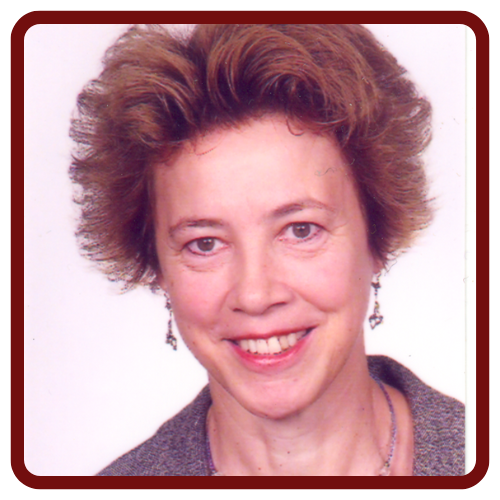
Tünde Majsai-Hideg is a Reformed theologian-pastor, mental health professional, clinical pastoral care, religion teacher, family consultant, supervisor, psychodrama trainer, child psychodrama trainer and supervisor, bibliodrama supervisor.
She attaches particular importance to building small communities, fostering acceptance of differences and freedom from prejudice.
She is a committed advocate of interdisciplinary, intercultural and interfaith dialogue.

Katalin Hegyes is a trainer, communication expert, a biblio- and psychodrama teacher, working with sociodrama in social institutions and mainly in school classrooms.
She taught refugees in Germany, and is a member of several professional groups and the Hegyvidék Green Circle, which is active in promoting environmental awareness.
She believes in the power of diversity and acceptance.
EMPOWERING TEACHERS:
INTEGRATING SOCIODRAMA AND THEATER IN PEDAGOGY
PRESENTERS: ÁGNES BLASKÓ – MÓNI DURST – KRISZTINA GALGÓCZI – ANDREA KOCSI
INTEGRATING SOCIODRAMA AND THEATER IN PEDAGOGY
DATE AND TIME: 27th of June, Thursday 14:00-16:30
CONFERENCE TOPIC: Sociodrama and youth – raising the next generation: sociodrama of children and young people, and the professionals and institutions working with them
TYPE: Workshop
ROOM:
NUMBER OF PARTICIPANTS:
TAGS: Sociodrama and Youth, June27 Afternoon
ABSTRACT:
When we launched our training program in the fall of 2022, the shadow of the status law loomed over teachers’ heads (a law recently introduced in Hungary that further restricted the mobility and personal rights of teachers) and some were even involved in protests or seeking alternative employment. School faculties were fragmented, and students were learning from home. In the midst of these uncertain times, we were unsure if there was a demand for yet another training program, but we sensed a need for support. Therefore, we organized workshops, and to our surprise, the available slots were filled within days.
Our 60-hour accredited teacher training program, held under such circumstances, had two main objectives. Firstly, to introduce teachers to the concept and approach of sociodrama, enabling them to bring this perspective into their schools. Secondly, to provide educators with straightforward action-method techniques that they can apply in their daily work when addressing disengaged and seemingly powerless adolescents or when attempting to make the often traditional lessons relevant to contemporary youth.
What made this training unique was our collaboration with the Radnóti Theater in Budapest, which provided an opportunity to bridge the gap between the artistic experience and students, who are mostly trained on fast-paced digital cultural products.
In our workshop, we demonstrate how to engage and motivate high school students through sociodrama. The workshop uses a scene from a play as a starting point, illustrating how sociodramatic exercises can be integrated to address questions and issues that resonate with students.
Participation in the workshop provides ideas on how to:
-make students more active in the classroom.
-educate students in critical thinking.
-increase their empathy.
-boost their self-confidence.
-awaken students’ creativity.
-process issues that affect them through a theater performance.
ABOUT THE PRESENTERS:

All four of us were members of the PERFORMERS international sociodrama methodology project (2016-2021). We served as authors and editors for the books that emerged from it. We developed the pilot model for sociodrama training in Hungary and conducted one of the pilot trainings. In addition, we work with sociodrama in various fields, including schools, universities, healthcare, theater, and social services.

